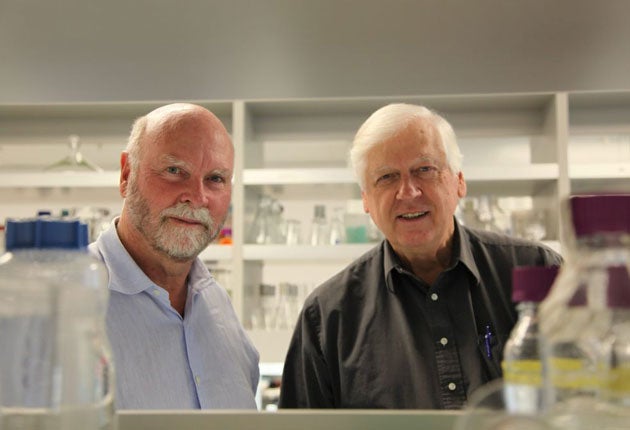Environmentalists try to ban release of synthetic life forms into the wild

Environmentalists have begun a concerted campaign to ensure that new forms of "artificial life" are never released into the wider environment because of fears that the life-forms will hasten the extinction of wild species.
A Canadian environmental group has already claimed partial victory in trying to impose a global moratorium on scientists such as Craig Venter, the controversial genome entrepreneur who last week claimed that he had made a synthetic cell in at test-tube controlled by a chromosome created from scratch.
The Etc Group, based in Ottawa, said it had helped to formulate a "de facto moratorium" on synthetic biology at a side meeting of the UN Conventional on Biological Diversity, which ended at the weekend in the Kenyan capital, Nairobi. A scientific body attached to the convention, called the Subsidiary Body on Scientific, Technical and Technological Advice, drew up a proposal on synthetic biology that is likely to result in any release experiments into the wild being banned if adopted by a meeting of environment ministers in Japan this year, the Etc Group said.
"The draft adopted by the meeting amounts to a de facto moratorium on the release of synthetic life forms. But the text will remain in 'square brackets', meaning that it has not achieved unanimous agreement among the Biological Convention's 193 member countries at this time," a spokesman said.
The moratorium on any release of synthetic life-forms is likened to the earlier moratoria on "terminator technology", a suicide gene that prevents GM seeds from being fertile after they are harvested, and ocean fertilisation, an attempt to spread iron into the sea to stimulate the absorption of carbon dioxide from the air.
The Etc Group, composed of a handful of activists, has been a thorn in the side of Dr Venter. They have opposed his attempts to patent genes and have been highly critical of his claims that synthetic life-forms could help to solve major environmental problems, such as global warming.
"Synthetic biology is a high-risk, profit-driven field, building organisms out of parts that are still poorly understood," said Jim Thomas, a member of the Etc Group.
"We know that lab-created life-forms can escape and become biological weapons, and that their use threatens existing natural biodiversity," Mr Thomas said.
"Most worrying of all, Craig Venter is handing this powerful technology to the likes of BP and Exxon to hasten the commercialisation of synthetic life-forms."
Dr Venter, whose company Synthetic Genomics has received $600m (£430m) in research and development investment from Exxon Mobil, said last week that his synthetic cell, which he has nicknamed Synthia, although free-living, will survive only in a contained laboratory and there are no plans to use it that could result in it being released to the outside environment.
Mundita Lim, a delegate to the Convention on Biological Diversity from the Philippines, said: "We believe that there should be no field release of synthetic life, cell or genome into the environment until thorough scientific assessments have been conducted in a transparent, open and participatory process, involving all parties."
Join our commenting forum
Join thought-provoking conversations, follow other Independent readers and see their replies
Comments
Bookmark popover
Removed from bookmarks